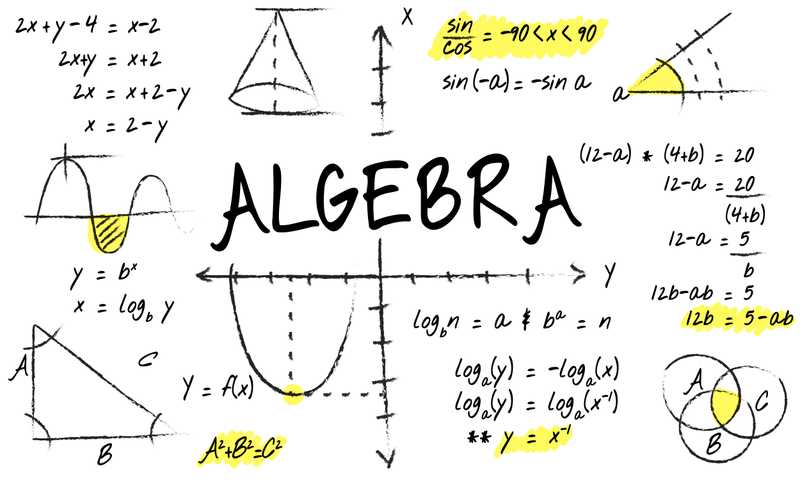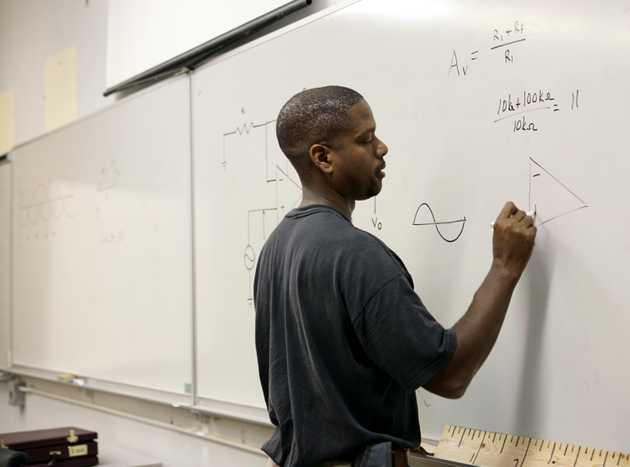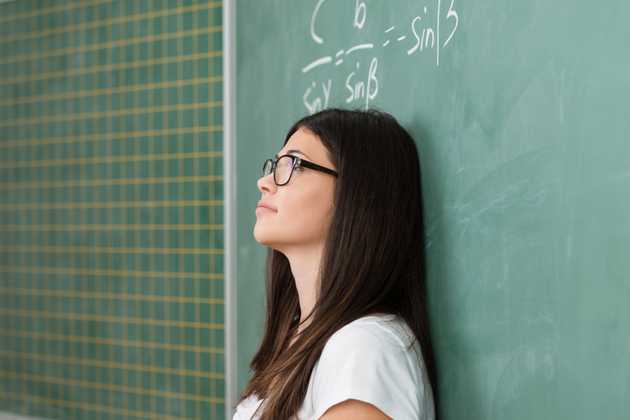“Algebra has often been referred to as a ‘gatekeeper’ to higher learning — both in mathematics and in other fields,” writes Linda M. Gojak, former president of the National Council of Teachers of Mathematics. “Research shows that students who complete a mathematics course beyond the level of Algebra 2 are more than twice as likely to pursue and complete a postsecondary degree.”
Because of this widely acknowledged gatekeeper status, Algebra 1 has been a particular topic of interest to education activists. For example, the Bill and Melinda Gates Foundation has promised millions in grant money to education developers who can improve Algebra learning.
Robert “Bob” Moses, a prominent education and civil rights activist who passed away in July, had been working to address inequitable math outcomes since the 1980s through the Algebra Project.
With virtual learning presenting even more new challenges, it is more important than ever to understand the importance of algebra in education and the research on how to better support struggling students.
Algebra 1 as Gateway...
Algebra 1 has long been cited as a predictor of postsecondary future success, especially for students wishing to pursue career paths in STEM.
The course represents an important transition where students move from arithmetic to more challenging mathematical models and abstractions that are a necessary foundation for higher levels of math such as trigonometry and calculus.
… And a Gatekeeper
The challenge many schools face is that students frequently enter Algebra 1 courses without the prerequisite skills that will support them in accessing this material. When this happens, algebra teachers often do not have the capacity to address these algebra knowledge gaps while also doing justice to the full curriculum.
The negative effects of this problem often compound and exacerbate inequities: students historically have continued to struggle in post-course remediation (which often relies on the same approaches that didn’t work the first time), creating a cycle of low- confidence in their ability to succeed that in turn, fuels dropout rates.
Algebra 1 is also a graduation requirement in most states, and failing to pass it affects a student’s GPA, which is another predictor of future academic success.
This particularly affects already marginalized student populations due to missed opportunities to make math more culturally relevant to everyday life and lack of access to resources such as highly qualified teachers, quality curriculum, tutors, and more.
Solving the Algebra 1 Problem
Research offers a few potential solutions for schools seeking to improve Algebra 1 outcomes:
Double-Dose Algebra
“Double-dose” algebra is an approach that gives struggling Algebra 1 students double the instructional time.
A longitudinal study of students in Chicago Public schools found that while double-dose algebra did not necessarily improve passing rates in the short term, it did have an impact on understanding algebra and long-term educational attainment.
Students that received a double-dose of Algebra 1 had a graduation rate that was 8.7% higher than their peers and a nearly 30% increase in college enrollment.
Rigorous Curriculum
Counterintuitively, simply focusing on reteaching arithmetic skills students haven’t mastered does not improve outcomes or highlight the purpose of learning algebra.
Students still need to engage in the algebraic thinking process and develop abstract reasoning skills through a rich curriculum that prioritizes performance tasks, discussion, conceptual and logical thinking, and multiple entry points to student understanding.
This rigorous approach can actually help learners make new connections in their algebraic thinking that they previously missed.
Additional Support
While these structural changes to Algebra 1 are good starting points, teachers still need supplementary support for the highest-need students.
According to Nicholas Sorensen of the American Institutes for Research, these means of support should “focus on what struggling students need most rather than ‘more of the same’ content and activities from the standard Algebra I course.”
In other words, teachers still need resources that can meet students where they are and provide new ways to engage with difficult content.
Yup as a Source of Targeted Support
Yup’s personalized learning support is a key resource schools can leverage for math students.
Yup tutors consist of current and former teachers, education professionals, and graduate students with extensive math experience. They are thoroughly screened for their math expertise and teaching ability, and only the top 5% are accepted to ensure the highest quality tutoring.
Whether students need just-in-time support during class or additional help on a homework problem, Yup’s 24/7 on-demand tutors offer targeted support for Algebra 1 and other math subjects.
If you are a teacher or administrator interested in using Yup as a supplemental math resource, schedule a demo to learn more about bringing Yup to your school or district.







